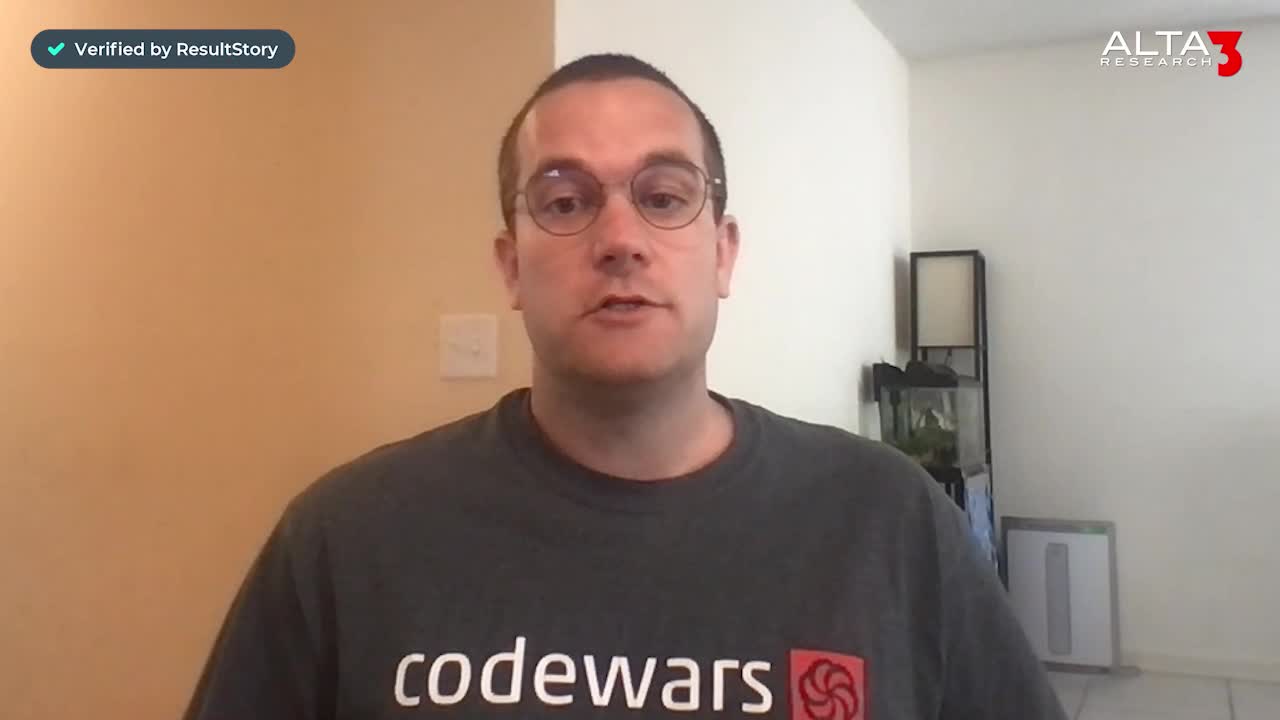Implementing an Advanced Server Infrastructure
Master the intricacies of advanced Windows Server 2012 R2 infrastructure with our comprehensive course, designed for seasoned IT professionals seeking to enhance their skills and achieve MCSE certification.

Essential Skills Gained

Design and implement a comprehensive Windows Server infrastructure.

Deploy a secure and highly available virtualization environment.

Automate and monitor server management using System Center 2012.

Implement PKI, AD FS, and AD RMS for enhanced security management.
Format
- Instructor-led
- 5 days with lectures and hands-on labs.
Audience
- IT professionals with Windows Server experience
- MCSA certified individuals
- System administrators
- Network engineers
Description
Get hands-on instruction and practice planning, designing and deploying a physical and logical Windows Server® 2012 R2 enterprise infrastructure in this 5-day Microsoft Official course. This course is part two in a series of two courses that provides the skills and knowledge necessary to design and implement a Windows Server 2012 R2 infrastructure in an enterprise environment. The two courses collectively cover designing, planning, deploying, securing, monitoring, automating, and virtualizing an enterprise server infrastructure. This course covers the knowledge and skills to plan and implement a highly available, secure infrastructure with focus on Active Directory® Federation Service (AD FS), public key infrastructure (PKI), and Active Directory Rights Management Services (AD RMS). You will also learn the skills needed to plan and deploy virtual machines including self-service and automation of virtual machine deployments as well as planning and implementing a monitoring strategy that includes Microsoft® System Center 2012 R2-Operations Manager. This course maps directly to and is the preferred choice for hands-on preparation for Microsoft Certified Solutions Expert (MCSE): Exam 414: Implementing an Advanced Server Infrastructure, which is the fifth of five exams required for MCSE: Server Infrastructure certification. NOTE: Labs in this course are based on Windows Server 2012 R2 and System Center 2012 R2. This course is designed for experienced IT professionals who support medium to large enterprises and have experience administering Windows Server 2012 R2 and have an MCSA: Windows Server 2012 certification or equivalent skills.
Upcoming Course Dates
No upcoming dates. Please check back later.
Course Outline
Download PDFModule 1: Overview of Management in an Enterprise Data Center
Describe the enterprise data center.
Use System Center 2012 components for enterprise data management.
Module 2: Planning and Implementing a Server Virtualization Strategy
Plan a VMM Deployment.
Plan and implement a virtualization host environment.
Module 3: Planning and Implementing Networks and Storage for Virtualization
Plan a storage infrastructure for virtualization.
Implement network & storage infrastructures for virtualization.
Module 4: Planning and Deploying Virtual Machines
Plan virtual machine configuration.
Deploy virtual machines and utilize Hyper-V Replica.
Module 5: Planning and Implementing a Virtualization Administration Solution
Implement automation with System Center 2012.
Plan self-service options in a virtual environment.
Module 6: Planning and Implementing a Server Monitoring Strategy
Develop a monitoring strategy using Windows Server 2012.
Implement Operations Manager for server oversight.
Module 7: Planning and Implementing High Availability for File Services and Applications
Design high availability with Storage Spaces and NLB.
Implement flexible and resilient file services.
Module 8: Planning and Implementing a High Availability Infrastructure Using Failover Clustering
Introduce failover clustering for server virtualization.
Develop multi-site failover cluster strategies.
Module 9: Planning and Implementing a Business Continuity Strategy
Develop business continuity and backup strategies.
Implement virtual machine recovery.
Module 10: Planning and Implementing an Public Key Infrastructure
Deploy a Certification Authority and manage certificates.
Plan key archival and recovery solutions.
Module 11: Planning and Implementing an Identity Federation Infrastructure
Deploy AD FS server infrastructure.
Implement AD FS claims and Web Application Proxy.
Module 12: Planning and Implementing Data Access for Users and Devices
Deploy Dynamic Access Control (DAC).
Implement Work Place Join and Work Folders.
Module 13: Planning and Implementing an Information Rights Management Infrastructure
Deploy and manage an AD RMS infrastructure.
Integrate AD RMS with DAC.
Your Team has Unique Training Needs.
Your team deserves training as unique as they are.
Let us tailor the course to your needs at no extra cost.
See What Other Engineers Are Saying
Trusted by Engineers at:
and more...

Aaron Steele

Casey Pense

Chris Tsantiris

Javier Martin

Justin Gilley

Kathy Le

Kelson Smith

Oussama Azzam

Pascal Rodmacq

Randall Granier

Aaron Steele

Casey Pense

Chris Tsantiris

Javier Martin

Justin Gilley

Kathy Le

Kelson Smith

Oussama Azzam

Pascal Rodmacq

Randall Granier